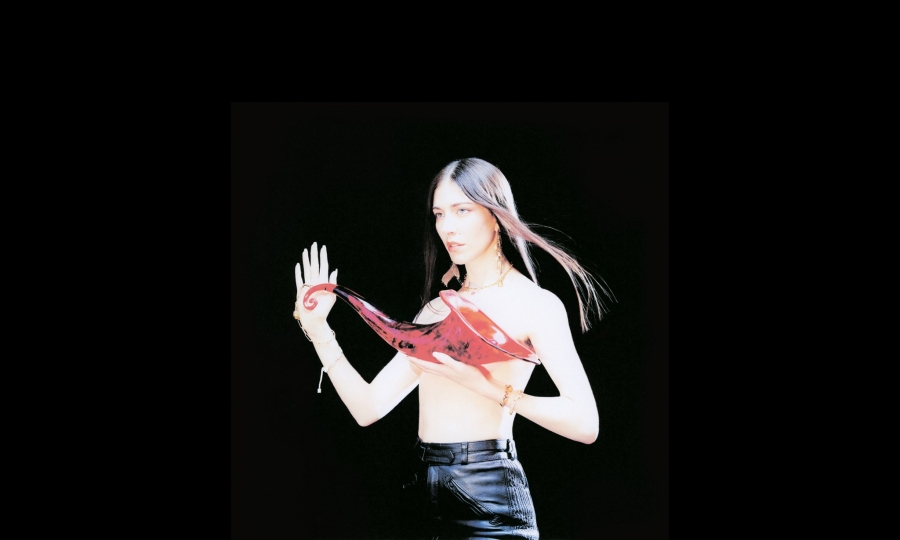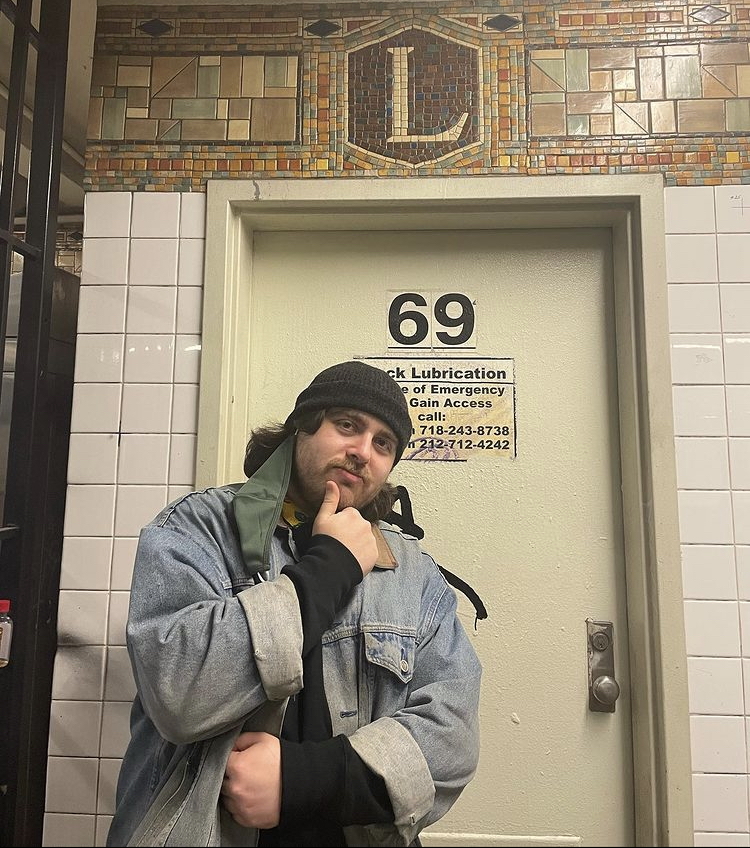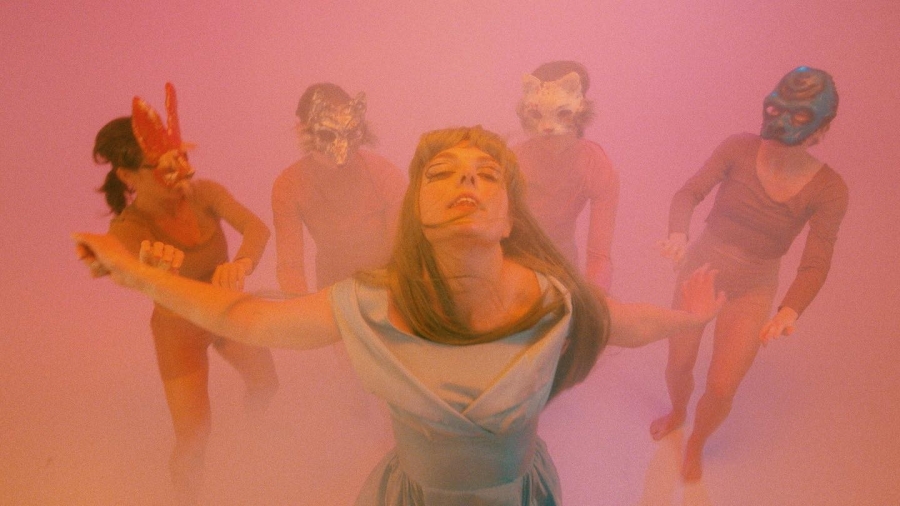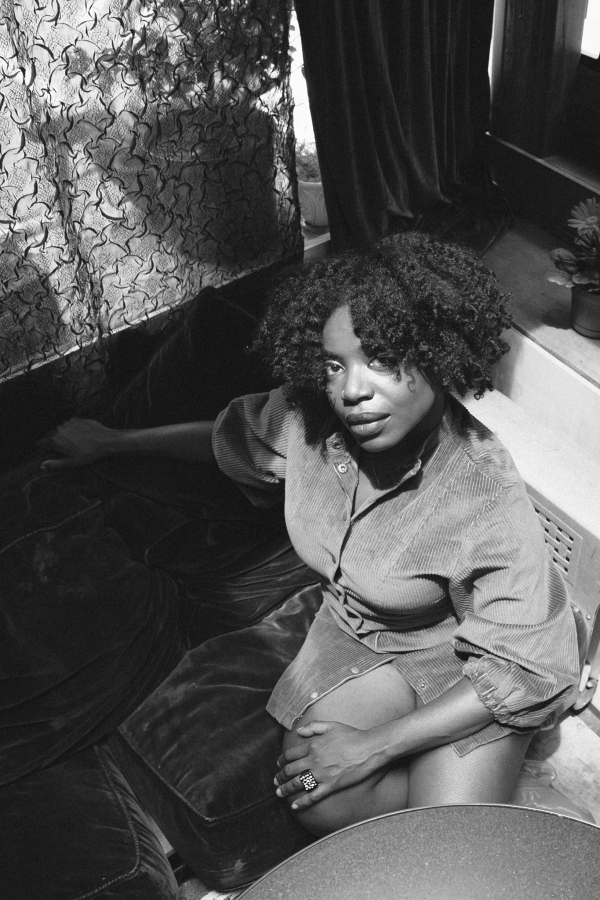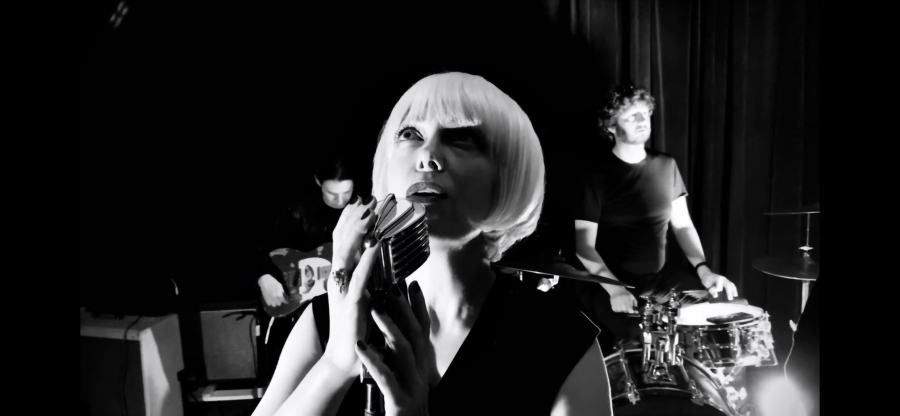ultranyc.com/legacy-artists-tiktok/
Between October 1982 and September 1983 Michael Jackson released seven count em seven singles off his paradigm-shifting sixth solo album Thriller with each of the singles in question charting in the Top Ten which set a record that wouldn’t be broken until Drake put out Certified Lover Boy (also his sixth studio album) late last year. This is a turn of events that obviously sticks in the craw of Savak, nearly as much as in mine, because the band have released five advance singles to date off their upcoming LP Human Error / Human Delight to be released on everyone’s favorite day of the year April 15 (via Savak’s own Peculiar Works label in partnership with Ernest Jenning Record Co. and btw note how the album’s title is a clever nod to Thriller’s “Human Nature”) no doubt in an obvious bid to knock the Digrassi High School grad off his high horse and while none of their singles has cracked the top 10 as of yet I’m sure this blog entry will turn the tide because I mean could it be mere coincidence that this will likewise be Savak’s sixth full-length release having put out four LPs and one EP between 2016 and 2020.
What makes this singles-going-steadily-along strategy all the more impressive is that the three gentlemen who make up Savak are what’s known in the music biz as “veterans” or as “legacy artists” in the latest parlance, but they sure as heck don’t act like it because they keep popping off one razor sharp single after another like clockwork at the start of each month—at least they we they’re not pregnant!—songs that are overstuffed with garage rock grit and power pop glint and with hooks a’ plenty at the ready to the point where honestly I’m concerned the trio may be taking a few too many gas station pep pills but hey whatever works.
In core you were wondering the core of Savak is made up of Michael “Jaws” Jaworski (Fifth of May, The Cops, Virgin Islands), Sohrab Habibion (Kid$ For Ca$h, Edsel, Obits) and Matt Schulz (Holy Fuck, Enon, Lake Ruth) accompanied on their soon-to-come album by six count em six individual bass guitarists and at least two saxophonists and overall this is a band that’s got more punk rock cred than a warehouse full of Subaru Imprezas (if you thought you’re punk as f*ck you’d better think again my friend) I mean heck Sohrab even has a Youtube page full of digitized Betamax tapes of DC hardcore punk shows that he filmed back in the day during the scene’s salad days.
So anyway on the heels of their last LP Rotting Teeth in the Horse’s Mouth by almost exactly two years which was a lyrically downcast politically-minded record about “fallacies, narcissism, and slime” (the perfect slogan for 2020!) Human Error / Human Delight takes a more varied light-and-shade approach as indicated by the record’s title, kind of like a melding of Rotting Teeth and the overall brighter Mirror Maker EP, it makes sense that the album-opening “No Blues No Jazz” explicitly makes reference to no arbitrary boundaries / no districts…no lines to redraw” in its pro-overturning-of-geopolitical-and-musical-boundaries-and-pledges-of-allegiance-of-all-kinds stance.
In a sense this makes the Savak album-opener the equivalent to the MJ/Paul McCartney duet “The Girl Is Mine” off from Thriller which is also a song rooted in dialectical materialism and the struggle between contradictory forces. And then I’d have to say “Cold Ocean” is the “Billie Jean” of Savak’s Human Error / Human Delight because it opens with a propulsive/plodding repetitive riff which later goes into a killer-hook refrain (can you feel the sand / slipping through your fingers / do you feel the tide / pulling you in) and similarity as you can tell by those lyrics it’s also a song about the pull of paranoia and dark romantic intrigue (the music video captures this as well in both instances).
And hey I don’t wanna give away which Savak song is the “Wanna Be Startin’ Something” of the album but my vote goes for the highly danceable and highly philosophical “My Book on Siblings” because obviously Mike, Matt and Sohrab totally gets the Foucauldian subtext of that MJ classic (seriously, read the lyrics again and tell me it’s not about the Panopticon) and I’d better end it here before the theories get totally out of hand but in the meantime listen to those five Savak singles (ten songs in all) and try to make your own correspondences. (Jason Lee)



